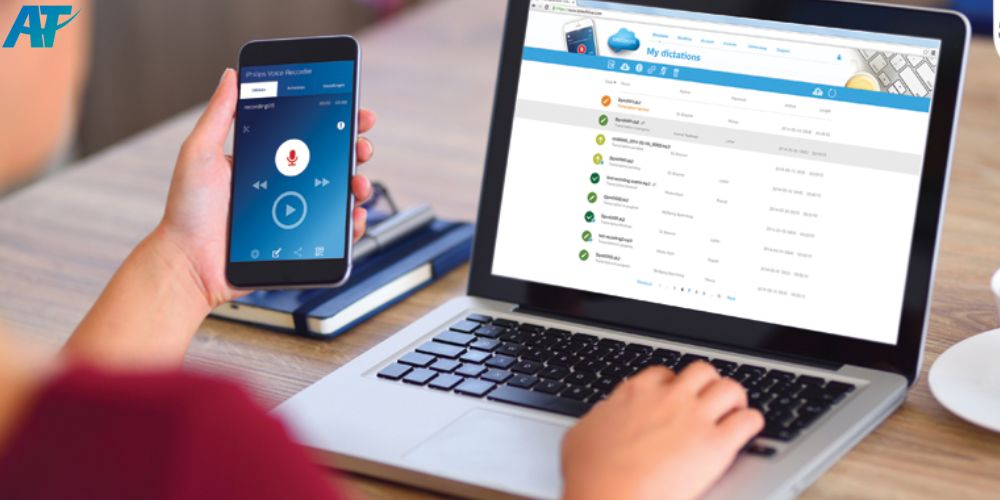In the fast-paced world of legal practice, time is of the essence. Legal professionals — including lawyers, paralegals, and court reporters — are constantly faced with the challenge of managing vast amounts of data, documentation, and case notes. One of the most significant innovations that can help streamline this process is speech identification software. By transforming spoken words into written text, this technology allows legal professionals to enhance productivity, reduce time spent on manual transcription, and improve the accuracy of legal documentation. In this article, AT Technology and Consultancy Joint Stock Company (ATTECHSOFT) will explore applications of speech to text software for legal professionals.
The impact of speech transcription software
Speech recognition software has revolutionized how legal professionals handle documentation. With advanced algorithms and machine learning, these tools provide near-perfect transcription accuracy. They save hours of manual typing, reduce errors, and ensure quick turnaround times for drafting contracts, legal briefs, or meeting notes. Moreover, by minimizing the need for manual input, speech to text tools reduce the risk of repetitive strain injuries associated with prolonged typing. The result is enhanced productivity and overall job satisfaction for legal teams.

Practical uses of speech to text software for legal professionals
Legal professionals can leverage voice to text in several practical ways. First, it facilitates the transcription of legal proceedings such as court sessions, depositions, and interviews, saving significant time. Second, it streamlines the drafting of documents, allowing lawyers to dictate contracts, memos, and case summaries directly into text. Third, it enhances client communication by enabling real-time transcription of consultations, ensuring that every detail is accurately captured. Finally, by converting spoken words into digital text, it creates searchable records, making it easier to retrieve critical information when needed. These applications help legal teams stay organized and responsive, fostering better client relationships and case outcomes.

Choosing the most effective voice to text technology
When selecting speech to text software, legal professionals must consider several factors. Accuracy is paramount; the software should support legal terminology and offer high transcription precision. Language and accent support is also crucial to avoid misinterpretation, particularly in diverse cases. Integration with existing case management systems or document platforms ensures seamless operation. Data security is a priority, as legal data must comply with protection regulations to safeguard client confidentiality. Finally, ease of use, including user-friendly interfaces and voice commands, simplifies adoption across teams. Popular options like Dragon Legal, Otter.ai, and Microsoft Dictate cater to the specific needs of legal professionals, offering tailored features for maximum efficiency

Learn more from these resources: Voice to text software
Conclusion
Speech to text software is transforming the way legal professionals work, offering significant improvements in productivity, accuracy, and efficiency. With its ability to accurately transcribe complex legal jargon, facilitate real-time dictation, and streamline administrative tasks, this technology is becoming an indispensable tool for modern legal practice. By adopting dictation software tailored to the legal industry, legal professionals can save time, reduce costs, and improve the overall quality of their work — all while enhancing their ability to serve clients effectively.
Contact us to arrange a demonstration:
Email: sales@attechsoft.com
Website: https://attechsoft.com/
